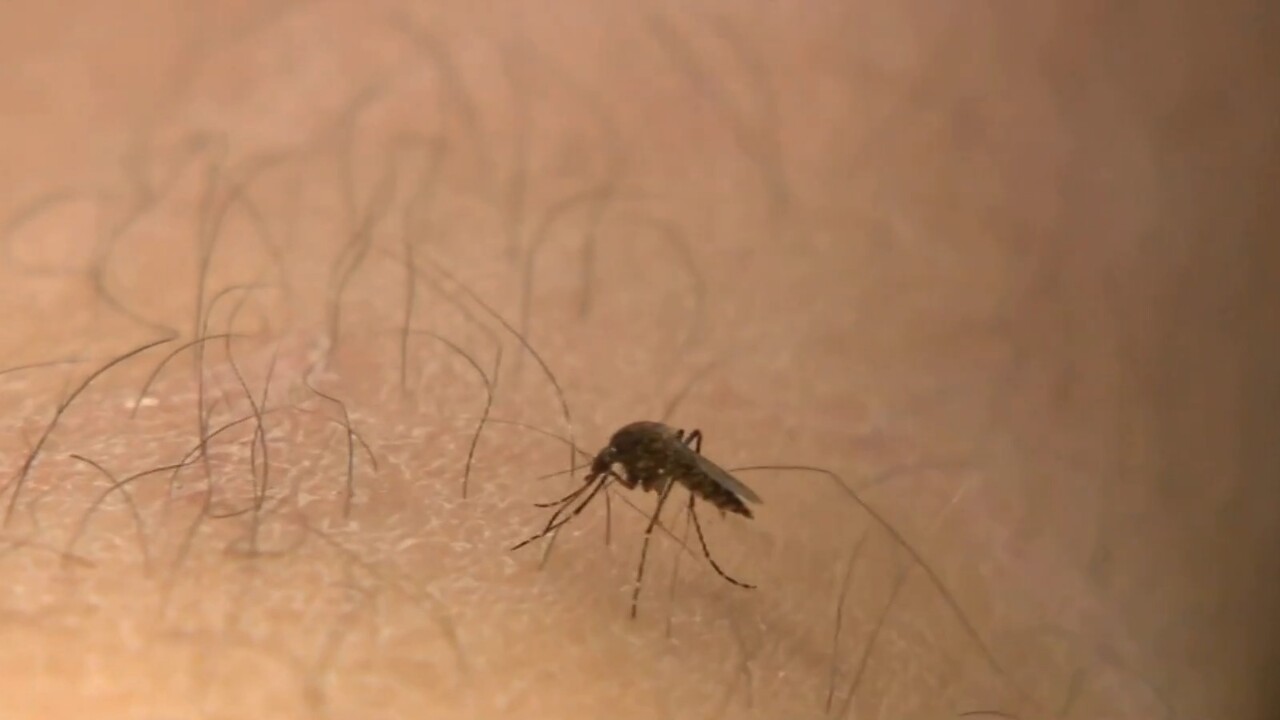Ross River virus alert as mosquitoes swarm half the length of Qld
A potential explosion of Queenslanders becoming infected with a serious mosquito-borne disease is on the horizon, health authorities have warned.

QLD Politics
Don't miss out on the headlines from QLD Politics. Followed categories will be added to My News.
A potential explosion of Queenslanders becoming infected with a serious mosquito-borne disease is on the horizon, health authorities have warned, with people being told to protect themselves from getting bitten.
Chief health officer John Gerrard revealed there had been a very high number of Ross River virus detections in mosquitoes across nine different council areas stretching from Mackay to South East Queensland.
And the number of infected mosquitoes — at 31 positive traps of the 700 tested across the state — is higher than what was detected during the horror 2019-20 summer which ultimately led to a whopping 3381 Ross River infections in 2020.
There were 699 cases of Ross River virus in 2023. As of the end of January this year 64 people have been infected.
There is no cure nor vaccine for Ross River virus, and while most people recover in a few weeks some people experience joint pain and fatigue months after infection.
“It’s concerning we are seeing such a high number of Ross River virus detections in mosquito populations through our surveillance program this early in the typical season, especially over such a widespread area. This is an indicator of elevated virus activity,” Dr Gerrard said.
“Typically, Ross River virus infection begins to rise with the onset of rain and warm temperatures in December before peaking in February and March.
“It is also typical to see a significant number of Ross River virus cases every three to four years, so we are on track for a spike in cases.

“Given high mosquito numbers combined with these latest surveillance results, we know there is a heightened risk of human exposure to mosquitoes carrying this virus right across Queensland.”
Dr Gerrard said it was critical for people to take measures to protect themselves from mosquito bites and mosquito-borne diseases.
“There’s no vaccine or specific antiviral treatment available for Ross River virus, so prevention is key,” he said.
“The most important measure you can do against mosquito-borne disease is to take steps to avoid getting bitten.
“We know there’s a lot of mosquitoes around at the moment due to the hot and wet conditions.
“Remember that any mosquito could be carrying Ross River virus – the more you get bitten, the more likely you will be infected.
“Biting can be experienced at any time of day, but some species are most active at dusk and dawn.
“It’s best to avoid outdoor activities when mosquitoes are most active.”
Measures to prevent mosquito bites include regularly applying insect repellent containing DEET, picaridin or oil of lemon eucalyptus and wearing loose, light-coloured clothing to cover up arms, legs and feet.
Containers containing water or other sources of standing water should be removed where possible at least weekly.
People should also ensure flyscreens are in good order so mosquitoes can’t enter homes easily.
Symptoms of Ross River virus may include fever, swollen and painful joints and rash.
Ross River virus infections account for the largest number of human mosquito-borne disease infections in Queensland.





